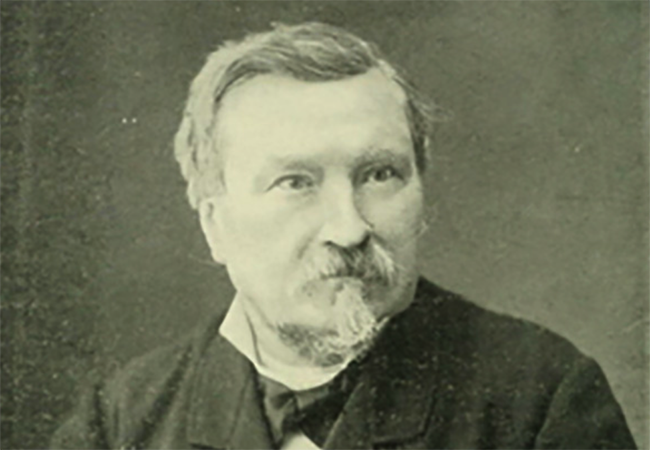Every association which carries on an industrial business must devise an administrative system to direct its various services. The State was no exception to this rule. Like all other businesses, the State acknowledged no end but interest, and it identified this with the conservation and enlargement of its profits. But profits can only be increased in two ways. The yield of imposts, whether of labour, of kind, or in money, may be increased; or the area of production may be enlarged. The latter method was preferred by the associations which owned political “businesses,” for the former required capacities for good government of which they were seldom possessed. But, since a community can only extend its domain at the cost of a neighbour, war naturally ensued, and while those communities which excelled in war enlarged their territory and their holdings in subjects, they increased their income at the same time. A merchant or manufacturer cares nothing for the race, language, or individual customs of his customers, and the States had no more regard for those of the persons who lived in the territories which they acquired. Their sole motive was interest, and all their actions were exclusively directed to obtaining those territories of which the conquest and maintenance seemed the most easy, and which promised the highest possibilities for lucrative exploitation. Entire populations, opposed in race, in language, and in customs, were thus drawn, whether they would or no, into the domain of the victorious association, to leave it only in accordance with the arbitrament of a new war, or according to family dispositions when a single house chanced to acquire complete sovereign control within the State.
Gustave de Molinari, The Society of To-morrow (1899)
To-day we consider such a method of constituting a nation, a nationality, or a “country,” to be barbarous.
Categories
Gustave de Molinari
